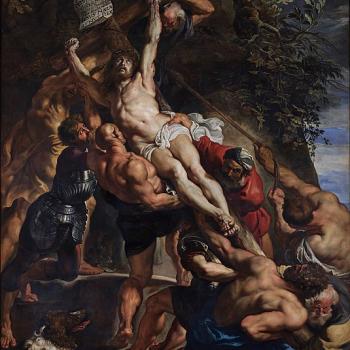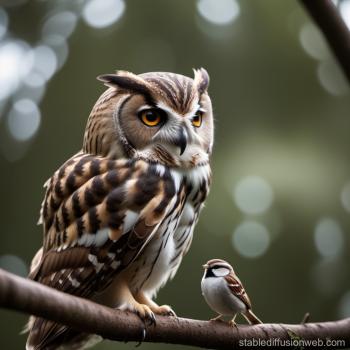In 2010 the Chinese Dragon virtually breathed fire when the Nobel Prize for Literature was given to dissident Liu Xiaobo, who is serving an 11-year sentence for his pro-democracy views. Officials in China went into a fit of rage. They summoned the Swedish ambassador in Beijing for a dressing down. China issued a statement that the award could jeopardize relations between the two countries.
However, 2012 saw a more cheerful face of the Dragon when the Swedish Academy gave the Nobel Prize for Literature to Mo Yan, who is an important member of the ruling Communist Party of China. Official networks went viral with the news to celebrate Mo’s triumph. This time the liberal world stomped its feet in anger and anguish. . . .
Liao Yiwu, a close friend of Liu and a celebrated Chinese writer living in exile in Germany, was stunned by the Swedish Academy’s decision to honour Mo. He was upset with having to see Liu and Mo on the same page. He told Der Spiegel, “Mo Yan… is a state poet. I am utterly bewildered. Do these universal values not exist after all? Are they so arbitrary that a Nobel Prize can be awarded to someone behind bars and stripped of their rights one year and another year to someone in the service of the very people who put people behind bars and strip them of their rights?”
Liao is not alone in attacking the Swedish Academy for picking Mo for the literary honor. Almost the entire liberal establishment was as stunned as Liao. But the Academy stuck to its guns.
A Swedish Academy member defended Nobel Prize in Literature-winner Mo Yan, saying the Chinese novelist’s win “has nothing to do with politics, friendship or luck.” Goran Malmqvist, a sinologist and one of the 18 members of the Swedish Academy, told Xinhua that he felt irritated at media accusations against Mo.
The critics, however, insisted that the decision was flawed. They said that as a member of the Communist Party of China and vice president of the China Writers Association Mo did not qualify for the award. . . .
But the most astounding fact is that since 2000 the prestigious award has gone to three Chinese writers. Gao Xingjian, a Chinese dissident living in exile in France, was the first to receive the Nobel for Literature in 2000. A decade later Liu became the second Chinese to receive this award. And now Mo.
via Preetam Kaushik: The Dragon Goes Gangnam: China Celebrates the Nobel Prize for Literature.
Another winner of the prize, Herta Mueller, who survived communism in Romania, is protesting this year’s award, saying that Mo Ya is a defender of censorship.
I haven’t read any of this writer’s works, but I have no problem with the possibility that one of the greatest writers in the world is a Communist, an enemy of the freedom of the press, or otherwise someone who possesses a twisted ideology oris a bad person. Mo Ya would hardly be the first good author–or Nobel Prize winner–with noxious ideas. In fact, having noxious ideas may be an occupational hazard of the profession. It is Romanticism that assumed that good writing is not just a craft but an expression of a noble soul. Thus we have the cult of the artist. In the world of the fine arts, art is sometimes defined as whatever an artist does. (One exhibition consisted of displays of the artist’s bowel movements.) Such idolatry of the artist trivializes art.
And yet, some ideologies are intrinsically harmful to good art and good literature. Marxism is one of them. The insistence that individual uniqueness is a bourgeois trait and that people exist only as members of a social class inevitably results in characters that are stereotypes. Not only that, authors who create highly-individualized characters–a mark of good fiction–are generally condemned and even persecuted for their anti-revolutionary bourgeois tendencies, something enforced by the “writers’ unions,” of the sort that Mo Ya leads. This is why, in the former Soviet Union, artists who were original, who tried to achieve aesthetic rather than political effects, who wanted to try something different than the one officially required style of “socialist realism,” or showed other signs of being good artists nearly all found themselves in opposition to the Communist regime.
What most bothers me about this award is that the world’s literary establishment has evidently lost its distaste for totalitarianism. As the world is more and more attracted to the “China Model”–economic dynamism + authoritarian government–the allure of democracy and freedom may be waning. The assumption has been that free markets will beget free societies and democratic governments, but we now know that is not the case. Money is the opiate of the people. And that bodes ill, and not just for literature.
















